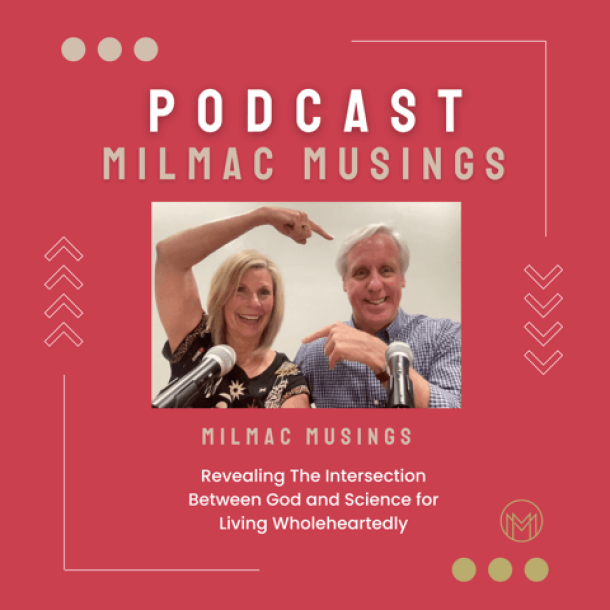Understanding Trauma and Its Impact on the Brain

Trauma profoundly affects individuals, altering their cognitive, emotional, behavioral, and physical responses. In this post we cover the intricate effects of trauma on the brain and how it manifests in daily life. We explore this essential topic, shedding light on how trauma influences individuals and their interpersonal relationships.
The Effects of Trauma on the Brain
Trauma can result from various distressing experiences, leaving lasting imprints on both the mind and body. Its symptoms are categorized into four main areas: cognitive, behavioral, physical, and emotional. Understanding these effects can help individuals navigate their healing journey and foster empathy for those who have experienced trauma.
Physical Symptoms
When trauma affects the body, it often leads to heightened alertness, as the brain remains on a constant lookout for danger. Some physical symptoms include:
- Excessive alertness or hypervigilance
- Easily startled responses
- Chronic fatigue and exhaustion
- Disturbed sleep patterns
- General aches and pains
These symptoms illustrate how trauma places the body in a state of persistent stress, affecting overall well-being.
Cognitive Impact
Trauma also disrupts cognitive processes, leading to intrusive thoughts and difficulties in memory and concentration. Some common cognitive symptoms include:
- Intrusive thoughts and memories of the traumatic event
- Recurring nightmares or distressing visual images
- Difficulty concentrating and memory issues
- Disorientation and confusion
These cognitive disruptions can make daily tasks challenging and affect an individual’s ability to function in everyday life.
Behavioral Changes
Behavioral responses to trauma can vary but often involve avoidance and withdrawal from social interactions. Some key behavioral symptoms include:
- Avoidance of places or activities that trigger memories of the trauma
- Social withdrawal and isolation
- Loss of interest in usual activities
- Triggered reactions to sensory stimuli, such as certain smells or sounds
These behavioral patterns can significantly impact relationships and social interactions, as individuals may struggle to engage in activities they once enjoyed.
Emotional Responses
The emotional effects of trauma are equally significant, often leading to intense feelings of fear, sadness, or detachment. Common emotional symptoms include:
- Fear and heightened anxiety
- Emotional numbness and detachment
- Depression and feelings of guilt
- Irritability and anger
These emotional responses can create challenges in relationships and daily interactions, making it essential to approach trauma survivors with compassion and understanding.
Trauma and Interpersonal Relationships
Trauma not only affects individuals but also influences their interactions with others. When people display behaviors associated with trauma—such as withdrawal, heightened anxiety, or extreme reactions to triggers—it is essential to recognize these signs as potential underlying trauma responses rather than isolated behaviors.
As we continuously emphasize, supporting trauma survivors requires patience, empathy, and a willingness to listen. Demonstrating love and understanding can make a significant difference in helping individuals process their experiences and move toward healing.
Real-Life Examples of Trauma Responses
To illustrate how trauma manifests in daily life, in our podcast, The Power of Mirroring and Healthy Relationships in Overcoming Trauma, we share examples of being easily startled, such as reacting strongly to a sudden loud noise or an unexpected touch. We also discuss individuals who have experienced severe automobile accidents and their heightened sensitivity while driving. These individuals may exhibit extreme fear when another vehicle approaches too closely, or the driver suddenly moves. Such responses highlight how trauma creates lasting emotional and physical reactions to past distressing events.
Conclusion
Trauma profoundly impacts the brain, influencing physical health, cognition, behavior, and emotions. Recognizing these symptoms and understanding their roots can help individuals support trauma survivors with empathy and compassion. We can help create a space for healing and growth by fostering awareness and extending grace.
If you or someone you know is dealing with trauma, remember that support is available. We know that it is possible to change our brains, and that is through direct guidance from our Heavenly Father through Paul. In Romans 12:2 we are guided to "let God transform you into a new person by changing the way you think. Then you will know God's will for you, which is good and pleasing and perfect."
Since we are in constant transformation until the day we join Jesus, this is an intentional and purposeful part of the believer's work.
As those who have experienced the love, healing, and joy of God after trauma, it is our heart that others know that it is possible. As part of our journey, we wrote Christ-Centered Wholeness: The Pathway to Breaking Free and Living Wholeheartedly. This 14-week transformational journey is for survivors, caregivers and support networks.
Seeking help from professionals, engaging in supportive communities, and practicing self-care can aid in the journey toward personal recovery and providing healthy support to others.






